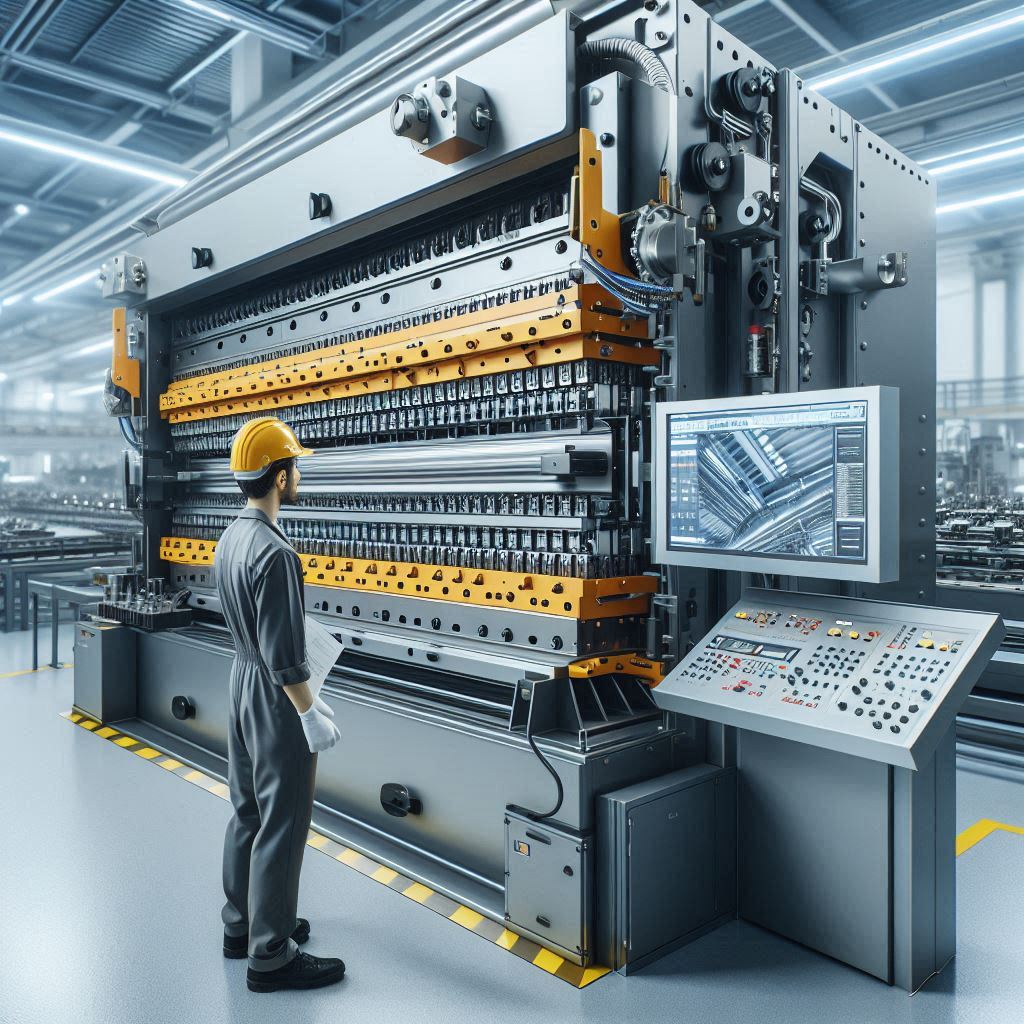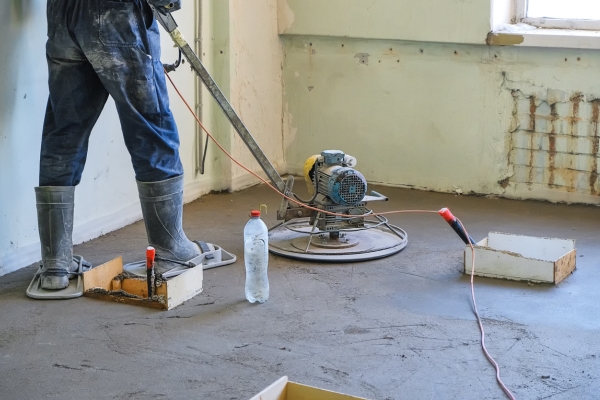Hydraulic Plate Bending Machines Transform Fabrication

Hydraulic plate bending machines are revolutionizing metal
fabrication by combining unmatched power, precision, and efficiency to shape
heavy-duty metal sheets with ease. Unlike traditional mechanical systems,
hydraulic benders use controlled fluid pressure to apply uniform force,
enabling consistent bends even in thick or high-strength materials. This
technology significantly reduces manual effort and material waste while
increasing productivity, making it indispensable in industries like
shipbuilding, construction, and heavy machinery manufacturing. With advanced
features such as CNC controls and programmable settings, modern hydraulic plate
bending machines are not just tools—they are intelligent systems driving
innovation and excellence in the fabrication process.
Understanding the Mechanics Behind Hydraulic Plate Bending Technology
Understanding the mechanics behind hydraulic plate bending
technology reveals how this powerful system transforms flat metal sheets into
precise curved shapes with minimal effort. At its core, the machine uses
hydraulic cylinders to generate immense pressure, which is applied through a
punch and die setup to bend the metal along a desired axis. The hydraulic
fluid, when pressurized, delivers consistent force that ensures smooth and
accurate bends, even on thick or complex materials. This controlled mechanism
not only enhances bending accuracy but also allows for repeatability in
high-volume production. By mastering this technology, operators can achieve
superior results in metal forming while optimizing efficiency and reducing wear
on tools.
From Shipbuilding to Structural Steel: Hydraulic Benders in Action
From shipbuilding to structural steel fabrication, hydraulic
plate bending machine is playing a pivotal role in shaping the backbone of
modern infrastructure. In shipyards, these machines are essential for forming
the large, curved hull sections that define a vessel’s strength and
hydrodynamics. Similarly, in the construction of bridges, high-rise buildings,
and industrial frameworks, hydraulic benders provide the precision and power
needed to manipulate thick steel plates into beams, braces, and custom
components. Their ability to handle diverse materials and complex bending
requirements makes them indispensable across heavy industries, where
durability, accuracy, and production speed are critical for success.




